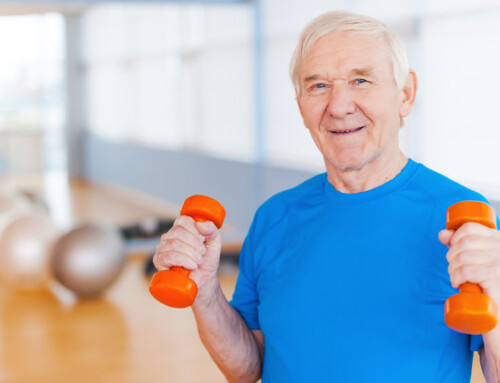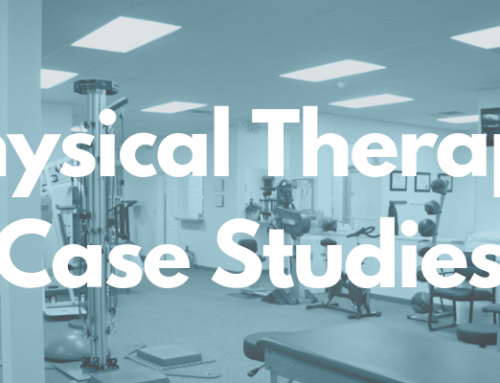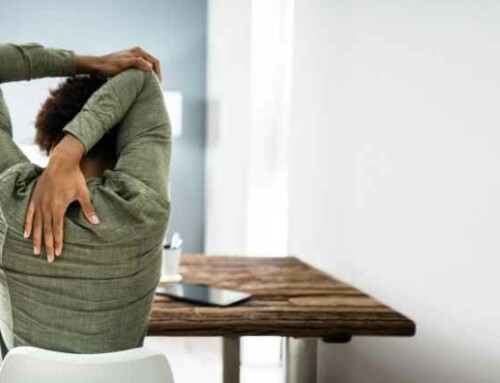By: Brendan Miller, SPT

Physical Therapy, Functional Mobility & Assistance
What is Functional Mobility?
Functional mobility explains the ability of a person to move around in his/her environment, including the home environment. This includes walking, standing up from a chair, sitting down from standing, and scooting along moving around in bed. The three main areas of functional mobility are described below:
- Bed Mobility: The ability to move around in bed, including actions like scooting, rolling, or moving from lying to sitting and sitting to lying.
- Transfers: The action of moving from one surface to another. This includes moving from a bed into a chair or moving from one chair to another.
- Ambulation: The ability to walk. This includes assistance from another person or an assistive device, such as a cane or a walker.
Levels of Assistance
Depending on the type of injury, disorder(s), or condition(s) you may suffer from, there will be various levels of assistance which may or may not apply to you based on your current level of function. Understanding the different levels of assistance can help you know what your needs may be if your functional mobility is limited.
- Dependent:
- During dependent mobility, you are unable to help at all. This means that another person(s) or assistive device(s) are used to assist in mobility efforts.
- Maximal Assist:
- Maximal assist is when the assisting person(s) or device(s) are required to perform approximately 75 percent of the work of a mobility task while you perform 25 percent of the work.
- Moderate Assist:
- Moderate assist is when the assisting person(s) or device(s) are required to perform approximately 50 percent of the work of a mobility task while you perform 50 percent of the work.
- Minimal Assist:
- Minimal assist is when the assisting person(s) or device(s) are required to perform approximately 25 percent of the work of a mobility task while you perform 75 percent of the work.
- Contact Guard Assist:
- With contact guard assist, the assisting person has one or two hands on your body but provides no other assistance to perform the functional mobility task. The contact is made to help steady your body or help with balance.
- Stand-by Assist:
- During stand-by assist, the assisting person does not touch you or provide any assistance, but needs to be close by for safety in case you lose your balance or need help to maintain safety during the task being performed.
- Independent:
- Independent status means that you can perform the functional task with no help and that you are safe during the task.
Other types of assistance that may be noted are tactile cues (guiding touches) or verbal cues that may need to be given in order to remain safe during the mobility task. Tactile and verbal cues may only be reminders on technique in order to complete the task effectively and safely.
How Physical Therapy can help
If you are limited with any of the above tasks, physical therapy may be right for you to help improve those tasks and ensure safety and maintaining function with your conditions. Physical therapists can conduct a Functional Movement Screen, and show you different ways to practice to improve your mobility. Improvements are often made by breaking down the components of the task and practicing to refine those components in order to collectively perform the task in an optimal way.
A physical therapist may also prescribe specific exercises to help improve your functional mobility. Exercises may include:
- Strengthening exercises
- Range of motion exercises
- Flexibility exercises
- Balance exercises
A physical therapist may also perform a gait evaluation to analyze the way you walk and to provide strategies to improve ambulation. A physical therapist can also recommend which exercises are best for your specific condition. Sometimes, simply practicing the correct way to move about is enough to improve muscle memory and help you get around more safely.
If you or a loved one are having trouble with functional mobility tasks, schedule an appointment with Capital Area Physical Therapy to see how the right physical therapy program can help to improve your daily life.





